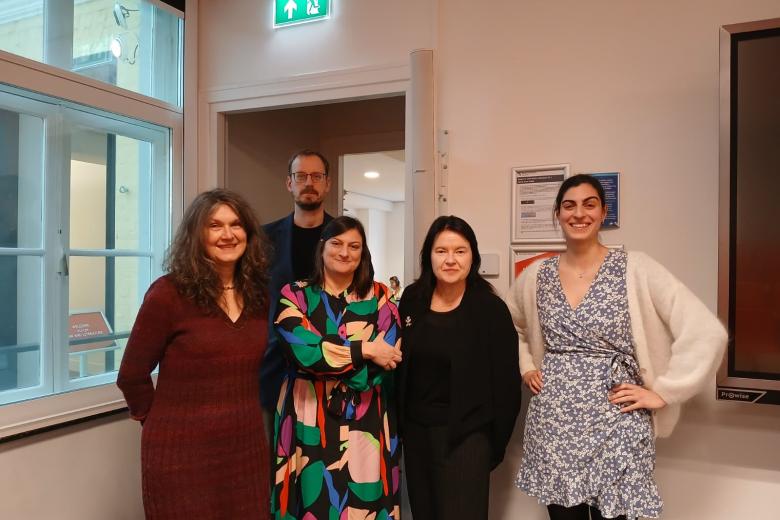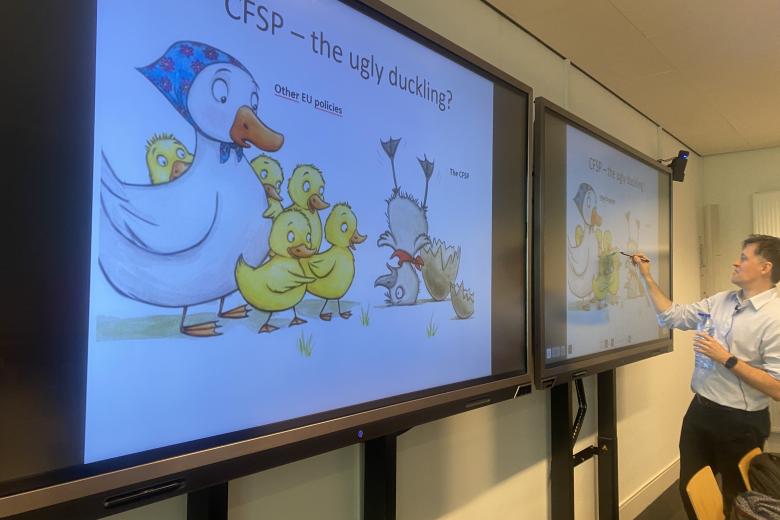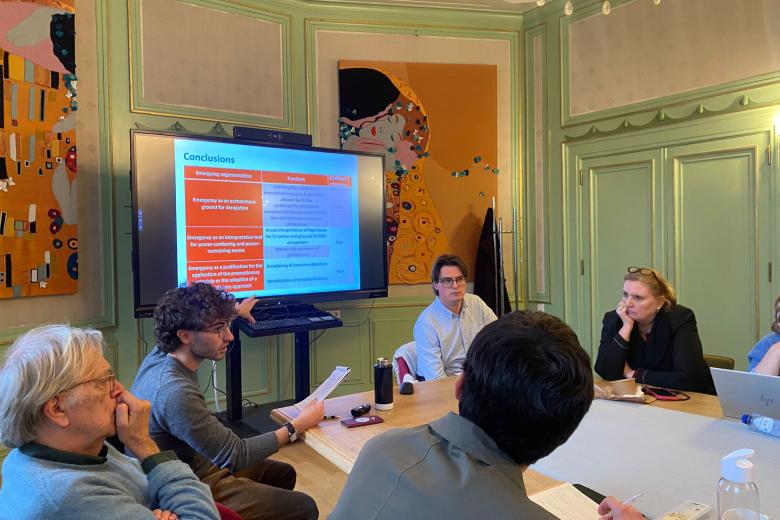Successful ITEM Seminar “The Recognition of Qualifications: Improving Recognition to Enhance Labour Mobility”
On 29 June 2016 ITEM successfully hosted its seminar on the recognition of qualifications. Participants from differing organisations and institutions involved in the process of the recognition of qualifications came together to explore the qualifications and recognition procedures for very different professions. The end-goal of the day was to identify possible solutions and plans for action to improve recognition to the benefit of labour mobility.
The day consisted of opening and closing plenary sessions. During the morning session speakers representing the European Commission, Benelux, and ITEM provided interesting presentations. The second part of the day consisted of the profession-specific workshops. Led by experts in their respective fields, participants were able to explore the particularities of the recognition of qualifications for each group of professions. The seminar included workshops on the construction industry, legal professions, health care professionals, and education and child care sectors. The day concluded with a plenary closing session where the workshop findings were discussed after which the final discussion ensued.
One of the core aspects stressed during the seminar was the absolute fundamental nature of mutual trust and cooperation, both within and across Member States, in the area of the recognition of qualifications. Improved coordination, information exchange, cooperation among educational institutions, standardisation of procedures, transparency of qualifications, and training on the system for the recognition of qualifications are examples of solutions and possible plans for action able to ensure smooth and efficient processes for the recognition of qualifications. In addition, coordination among organizations that are of crucial importance in certain professions can help improve recognition practice. Supporting grass-root initiatives, furthermore, increases awareness of the possibility and particularities of working cross-border. Broadly speaking there is a need for high quality information and awareness among potential cross-border workers about recognition procedures.
During the course of the day, documentation was made of the presentations and discussions. The seminar results will be presented in a report, expected to be published on the ITEM website shortly.
Also read
-
Globalisation & Law Network seminar with Áine Ryall
On 24 November 2025, the Globalisation & Law Network, together with the Institute for Globalisation and International Regulation (IGIR) held the seminar with Professor Áine Ryall.
-
Guest Lecture: Lóránt Havas explores current challenges in the EU’s CFSP
Lóránt Havas delivered a guest lecture on the EU’s evolving CFSP, discussing key legal developments, institutional challenges, and new defence instruments.
-
Guido Bellenghi presents his latest article on emergency and the EU Court of Justice
Guido Bellenghi showcased his forthcoming study on how emergency arguments feature in the CJEU’s reasoning during his presentation at MCEL’s November Forum.